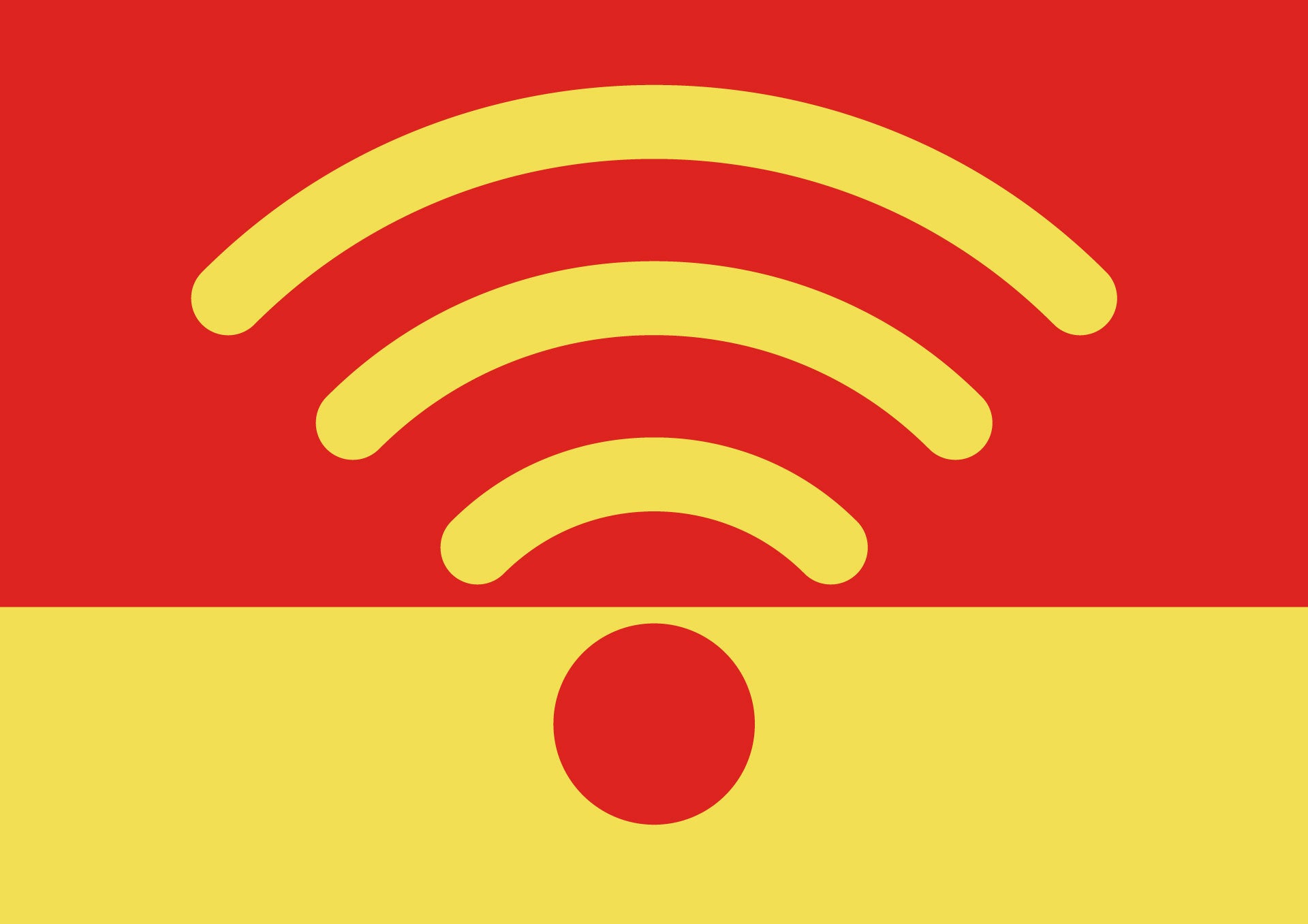
Today British voters woke up to the news that Labour is planning to provide every home and business with free, full-fibre broadband by 2030 if it wins the upcoming general election.
This, the party says, would be achieved by partially nationalising BT and introducing a new tax on tech heavyweights, with Labour shadow chancellor John McDonnell describing the plan as “visionary”. Other parties are less than impressed, with the Conservatives dismissing it as a “fantasy plan” and the Lib Dems calling it “unaffordable”.
Assuming there is the money to pay for it, the idea of providing free, high-quality broadband to every household and business in the country does have a lot going for it. Fast, reliable internet access is an invaluable tool to participate in the modern world: it gives you the power to learn almost any skill, grow a business with next to no startup capital and access a myriad of services that are simply not available offline.
Its role in modern life is such that earlier this week, a paper published in the Journal of Applied Philosophy called for internet access to be made free to access for all, on the basis that it is now essential to the full participation in the democratic process.
Others have praised the idea for its ability to enhance businesses’ access to emerging technologies, which are seen as particularly vital to rebuilding the post-Brexit economy.
“Free, high capacity broadband would help to accelerate the Industrial IoT in the UK, and enable manufacturers to claw back a competitive edge at this critical time,” said Alan Laing, UK and Ireland MD of IFS.
How well do you really know your competitors?
Access the most comprehensive Company Profiles on the market, powered by GlobalData. Save hours of research. Gain competitive edge.

Thank you!
Your download email will arrive shortly
Not ready to buy yet? Download a free sample
We are confident about the unique quality of our Company Profiles. However, we want you to make the most beneficial decision for your business, so we offer a free sample that you can download by submitting the below form
By GlobalDataHowever, while Labour’s plan is a bold commitment to this principle, it has a problem, and it’s not its cost or method of realisation: it’s the technology.
The problem with free broadband
From a technical perspective, what Labour is proposing requires a massive investment in fibre infrastructure.
According to a recent report by Ofcom, the current rate of full-fibre broadband coverage in the UK now sits at 8%, meaning that 92% of households still get slower speeds.
The current government is overseeing an exhaustive fibre infrastructure installation plan, with a current completion goal of 2025 – notably five years ahead of Labour’s free broadband plan. The installation costs of the current initiative will ultimately be recouped via broadband fees from users.
However, under Labour’s free broadband initiative, the government will have to foot the bill, even if it is via a tax on tech giants, meaning keeping costs low is essential. And if your goal is to simply get the entire nation onto gigabit speeds within a decade, fibre broadband is not the most cost-effective solution.
The rise of 5G
Right now the UK is in the early stages of the rollout of 5G, and within a decade it is highly likely that this technology could prove to be a far more cost-effective realisation of Labour’s goal, simply because the way its infrastructure works is so different.
Traditional broadband requires networks of cables, with individual lines connecting to each household and business premise. The central trunk lines are now fibre, providing gigabit speeds, but much of the local wiring is still copper, dramatically limiting the speeds that are available in each area.
To fix this across the entire country, every individual wire has to be replaced with fibre alternatives, not only to more sparsely populated areas, but to every individual property. The expense is phenomenal.
By contrast, 5G uses a network of masts like those currently used to provide mobile phone signals. These need to be installed, but with no wires to replace, the installation cost is lower – by almost 50%, according to a recent Ovum report.
In the few areas of the country where 5G is already live, you can not only access it via a 5G-capable handset, but by a 5G router.
In terms of connecting devices and getting online, this works in the same way as any standard broadband router: you find it in the list of Wi-Fi networks on your device, enter the password and you’re good to go.
But in terms of setting it up, the process is far simpler. Rather than needing a landline and waiting the typical two weeks for broadband to be set up, you simply put a 5G SIM card into the router and you can begin browsing within minutes.
We experienced this for ourselves in the Verdict offices, when Vodafone sent us a GigaCube, its Huawei-made 5G router, to try out. Set up was incredibly quick, and the speeds are dramatically better than our standard office Wi-Fi.
A few weeks after receiving it, our office suffered an IT issue that left us without network access for a day. Unlike our colleagues on other floors, we were able to jump onto the 5G network and carry on working without interruption, at rapid speeds. We were genuinely impressed, and it’s easy to see how simple this could make setting up access in a home or office.
Forget fibre, Labour
If Labour wants to pursue its free broadband plans, it should forget fibre all together and build its policy around 5G.
While connectivity in the UK is currently only limited to certain cities, expansion is happening rapidly, and full coverage is completely achievable by 2030 if the government wants to make it a priority.
While it is possible to reach faster speeds on very high-speed fibre networks, 5G can still reach gigabit speeds, with an Ovum report estimating that large-scale 5G deployment would achieve average speeds of 80-100Mbps. This is at the level where access is high-quality and users can stream high-resolution media as they wish.
In other words, it’s at a speed where all but the most niche users will be more than happy.
Meanwhile, if Labour gets into power and does pursue this policy, it could find that by 2030, much of the country is already using 5G broadband, and its fibre plans have become an HS2-like beast of mounting costs and dwindling benefits.
Read more: The 5G UK rollout is being slowed down by a law designed to speed it up







